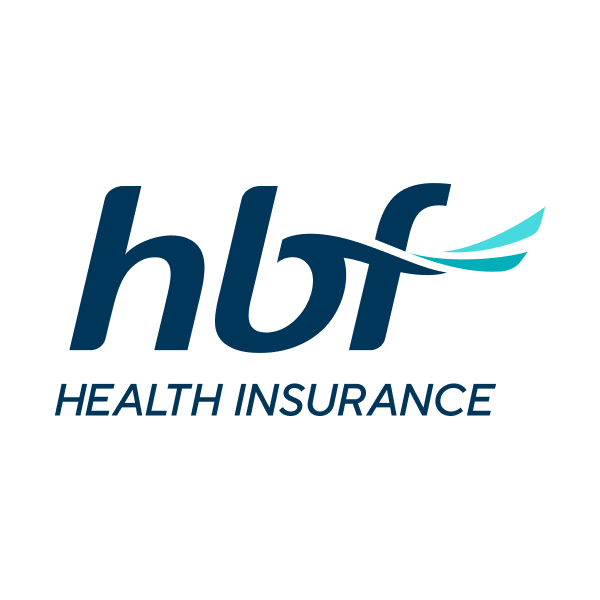Private health in your twenties: Is there any point?


According to HBF, with private health instead of languishing on a waiting list, you’d be treated much more swiftly. Photo: Getty Images
So, you’re young and healthy, and don’t plan on getting sick any time soon. Great start – positivity goes a long way.
But imagine this: you get tonsillitis. A couple of months on, it happens again. After a few rounds of antibiotics, your GP says you’ll need to have your tonsils taken out. No problem.
You know Medicare is great – it’s one of the things that puts Australia among the best places to live on the planet. Problem is, it can only stretch so far. Example: in 2019, 50 per cent of people in the public health system waited more than 125 days for a tonsillectomy1. More than four very uncomfortable months.

HBF is the only major health fund to have cancelled their 2020 premium increase for all their members. Photo: Getty Images
This is where private health insurance can add value, according to the folks at HBF, one of Australia’s largest not-for-profit health insurers. Instead of languishing on a waiting list, you’d be treated much more swiftly, with the flexibility to choose a time that fits the rest of your life, whether that’s deadlines at work, your (socially distanced) birthday or just a hotly anticipated Netflix binge.
There’s an added incentive, too. If you’re doing well financially, Medicare stops being quite so ‘free of charge’. If you earn a cent more than $90k, you’ll be taxed a Medicare Levy Surcharge (MLS) of between 1 and 1.5% of your earnings.
So, if you’re single and make, $90,001, you’re looking at a $900 bill. The only way to dodge that is by taking out private health insurance that includes hospital cover.
That might seem like a punishment for kicking goals at work, but the tax was created to encourage people who can afford it to get health insurance, use private hospitals, and reduce pressure on the public system. It’s like taking one for the team.
Here’s a tip: if you don’t have any specific health concerns in mind, it may be beneficial to go for a lower cost policy.
Depending on your personal & financial circumstances and the state you live in, you may be able to purchase one for less than $900 a year – and you’ll be better off financially, while also enjoying the smugness that comes from knowing you are covered as well as doing the right thing by our great nation.

With private health cover millennials who earn over $90k are avoiding Medicare Levy Surcharge Photo: Getty Images
And if doing the right thing really is your jam, choosing a provider that’s not-for-profit, like HBF, should be right up your street -where the focus is on you, the member. For proof, bear in mind HBF is the only major health fund to have cancelled their 2020 premium increase for all their members.
Lastly, a quick reminder that if you turn 31 and don’t have private health insurance with hospital cover, the price goes up by two per cent for each year you didn’t have it (to a maximum of 70 per cent).
It’s called Lifetime Health Cover loading, and it’s another government incentive, much like the MLS, designed to ease some of the strain on the public system.
If you take out hospital insurance for the first time at 40, you’ll pay 20 percent more than a 30-year-old – and that loading stays in place for 10 continuous years.
To sidestep the loading, take out hospital cover by the end of the financial year following your 31st birthday2. (Confused? Not to worry, here’s an example:
If you turn 31 in January 2021, you need to take out hospital cover by 30 June 2021 or if you turn 31 in July 2021, you need to take out hospital cover by 30 June 2022.)
So, is there any point to private health insurance in your twenties? Well, in terms of avoiding public hospital queues, cutting your tax bill or just being a team player, the answer is yes.
1Australian Government, Australian Institute of Health and Welfare; https://www.aihw.gov.au/reports-data/myhospitals/sectors/elective-surgery: Elective surgery 2018-19 table.xlm; Table 4.6, item 47.
2There are special circumstances where you’d be exempt from the LHC loading; head to the Private Health Insurance Ombudsman to find out more.